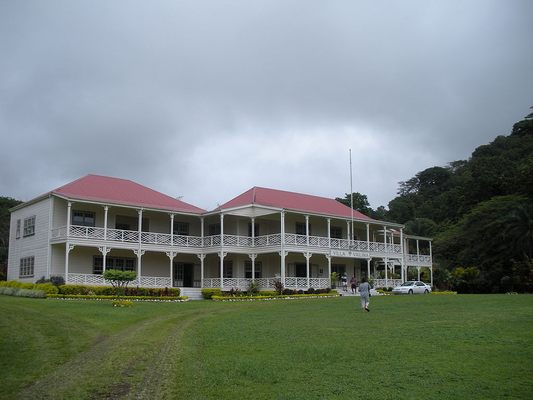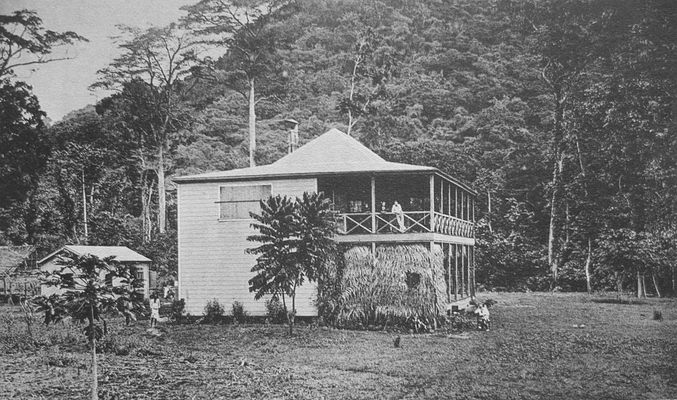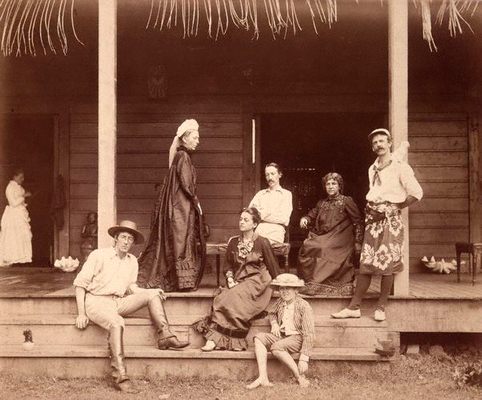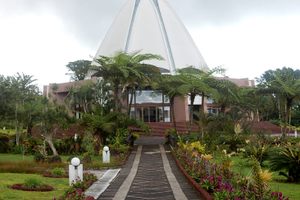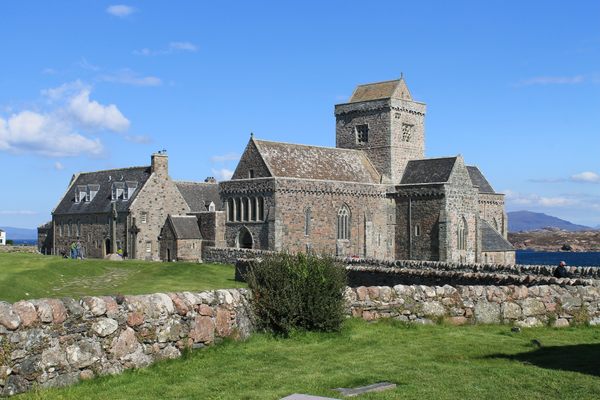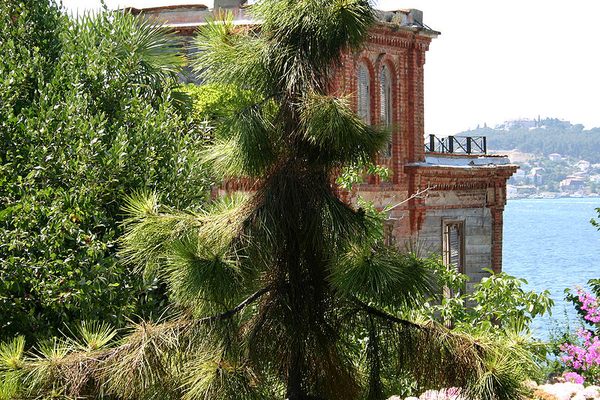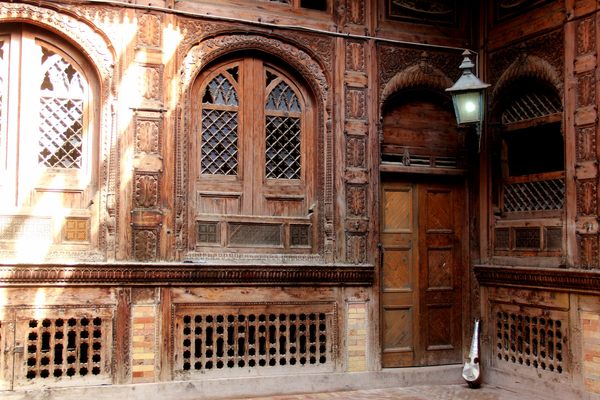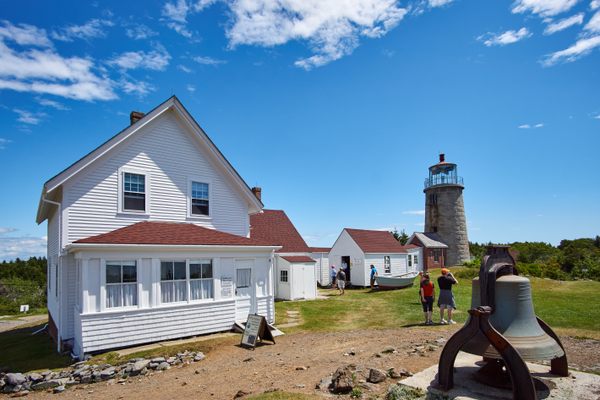About
Born in Edinburgh, Robert Louis Stevenson was diagnosed with tuberculosis as a child which, along with his nomadic nature, led him on a series of travels in search of a warmer climate later in life. After several European and North American locales, the writer settled on life across the world—in Samoa. The house he and his family built there is now a museum packed with many of the writer’s original belongings.
Stevenson—by this point a bona fide literary celebrity—and his family set sail from San Francisco in 1888 and toured the Pacific for three years, spending time in Hawaii, Tahiti, the Gilbert Islands, New Zealand, Sydney, and Samoa. It was in the latter that Stevenson finally settled, purchasing 127-hectares in 1890 for his recuperative residence.
The house they built—named "Villa Vailima," after the nearby village—ultimately included five bedrooms, a library, a ballroom, and the only fireplace in Samoa, as well as a grand piano, a tablecloth from Queen Victoria, and a Rodin nude given as a gift by the artist himself.
Despite this rather grand home, Stevenson made fast friends with many locals. For his efforts in advocating for indigenous political interests, he earned the familiar nickname "Tusitala" from the locals, meaning "Teller of Tales."
Stevenson, author of Treasure Island and Strange Case of Dr Jekyll and Mr Hyde, died in 1894 at age 44 and, per his wishes, was buried atop the nearby Mount Vaea. After his wife, Fanny, passed away twenty years later, her ashes were brought from California and interred beside her husband's remains.
In the years after their deaths, their home housed first German, then New Zealand, and finally Samoan diplomats once independence was achieved. Severely damaged by hurricanes in 1990 and 1991, the mansion was fully renovated and reopened as the Robert Louis Stevenson Museum in December of 1994, a full century after the writer's death.
Today, Stevenson’s family home is the most popular tourist attraction on the island of Samoa, although it may only see a few outside visitors each day. The staff run a guided tour of the home, which is kept as it looked at the time of Stevenson’s death. On fair weather days, visitors can also take a hike to the top of the hill and pay their respects at the author’s burial site.
Related Tags
Know Before You Go
From the waterfront, flag a taxi down and head for the Cross Island Road. Directions can be found on the official website.
Published
June 2, 2016
